April is Poetry Month, and I think that even if your book club isn’t one that normally reads poetry, or other works by poets, you should give it a shot this month.
While there may be some trepidation when it comes to reading poetry for people who don’t read it often, there really doesn’t have to be. As with other art forms, there aren’t any right or wrong answers when it comes to interpreting poetry, which makes it a great literary form to bring to book clubs, I think.
With that said, I know some of us may still need baby steps, so I’ve made a list with the best of both worlds: Below are poetry collections, memoirs, and nonfiction books written by poets. (And, if your book club is feeling froggy, here’s a guide on how to read poetry.)
But first, some mango sticky rice.
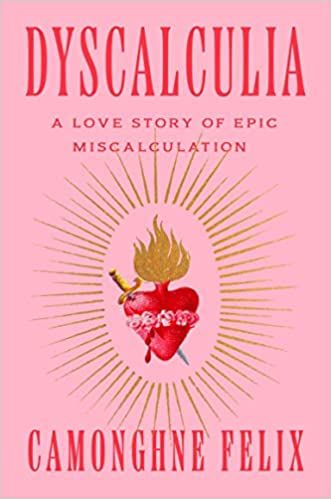
Dyscalculia: A Love Story of Epic Miscalculation by Camonghne Felix
Poet Felix weaves her childhood dyscalculia, a disorder that influences how numbers are understood and interpreted, into her miscalculations in her adult life. This is a clever and raw memoir that will have you in your feelings, even as it makes you laugh.
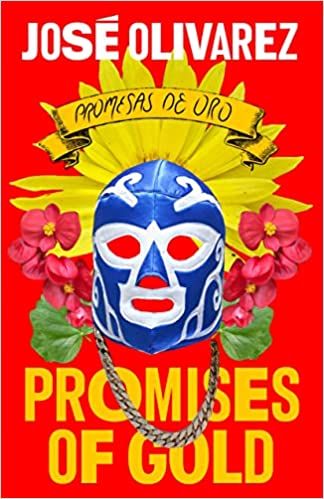
Promises of Gold by José Olivarez, translated by David Ruano
In this National Book Award finalist, Olivarez explores the many forms of love — from romantic to familial to platonic — and how aspects of society complicate it. Even as he examines race, identity, and culture, he still goes back to love, and poet David Ruano provides a Spanish translation to accompany Olivarez’s poems.
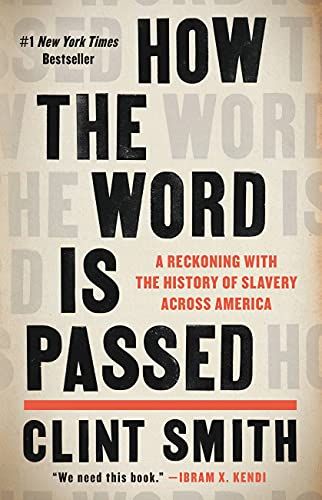
How the Word Is Passed by Clint Smith
Smith takes the history of slavery and shows us where it exists in the physical. He does this by bridging the gap between historical fact and present-day relevance. He passes through Monticello, Angola Prison, and more, showing how each place tells of their involvement in slavery. In addition to being a poet, Smith is a staff writer for the Atlantic. His collection of poetry, Counting Descent, won a Black Caucus of the American Library Association Literary Award.
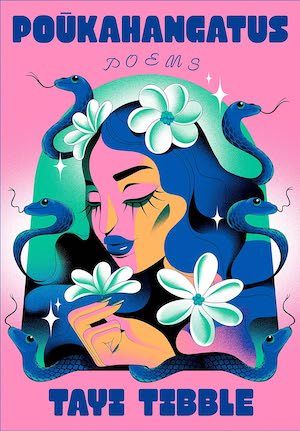
Poūkahangatus by Tayi Tibble
Tibble dives into the many aspects of her identity. She looks at how Indigenous Māori traditions fit into her modern reality, discussing everything from the Kardashians to Twilight with lyricism and humor. Mythologies, stereotypes, pop culture, and the effects of colonization are all broken down and looked at, and Tibble shows where you can find her in them.
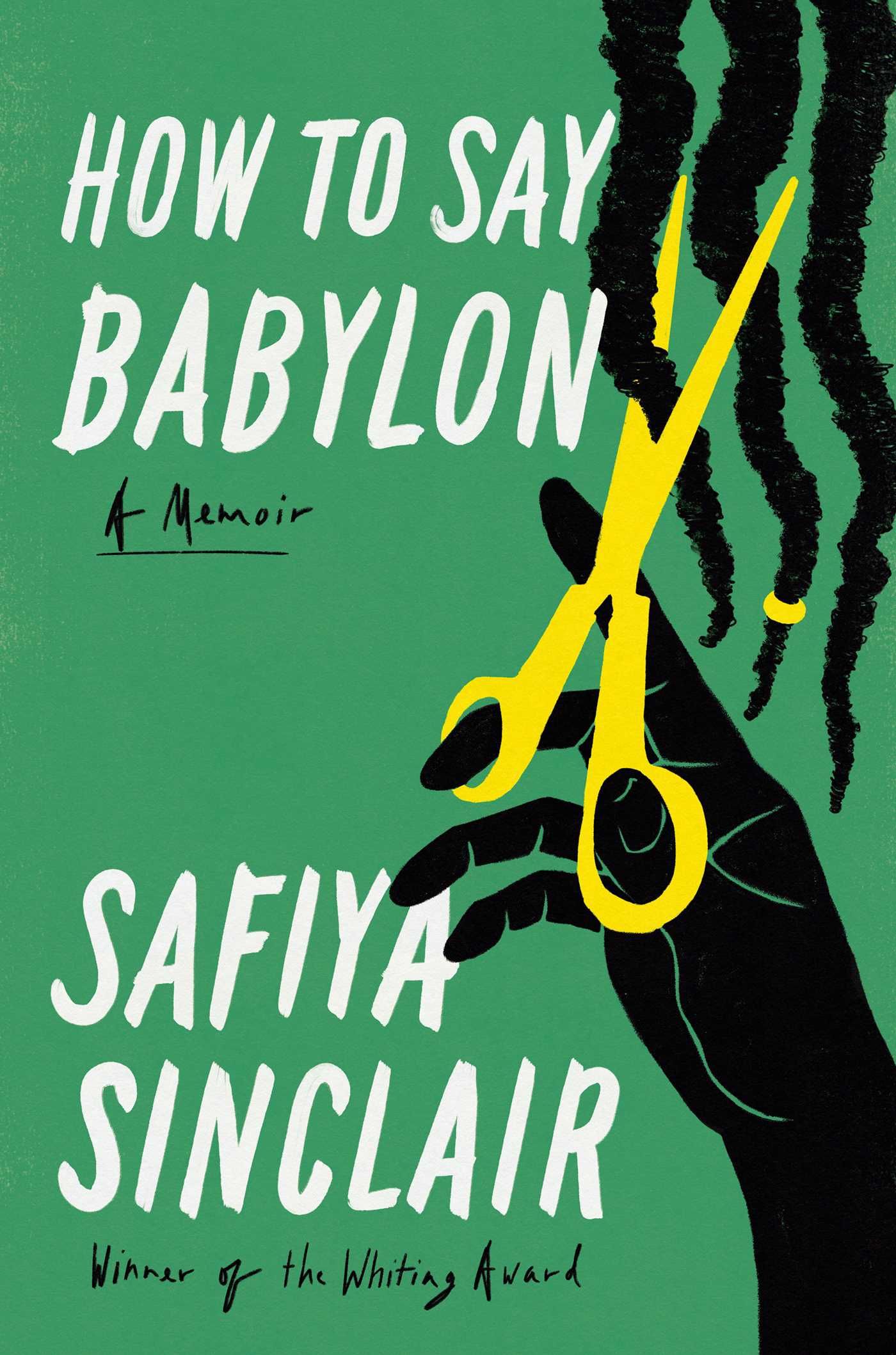
How to Say Babylon by Safiya Sinclair
In How to Say Babylon, Sinclair lends her poet’s voice to the story of her upbringing. She recounts life as a child reared by a militant Rastafarian father, who projected his oppressive patriarchal views on the women and girls in his household. In an effort to avoid Western influences, her and her sisters’ clothing is restricted, as is the scope of their education and who they can socialize with. But through her mother, Sinclair, and her sisters learned through books and poetry, which helped her to develop her own singular voice.
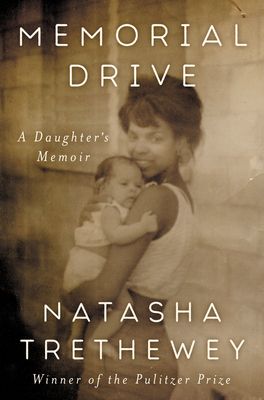
Memorial Drive by Natasha Tretheway
At 19, as Tretheway set out to start her life, her mother’s was brutally ended. An abusive former stepfather first tried to kill her mother and was imprisoned. Once he was released, he tried again and succeeded. Tretheway examines all of her life leading up to that fateful moment, which includes recounting her happy childhood in the south as the child of a Black mother and white father, and traveling back to the place her mother was killed. With poetic precision, she reopens old wounds and wades through her grief. Tretheway won a Pulitzer for Native Guard and was appointed the United States Poet Laureate in 2012.
More To Read
We All Sleuth: 11 New Mystery Thriller Books For April 2024
Read With Jenna, the Jenna Bush Hager Book Club
**Below is an extended list for subscribers**
The comments section is moderated according to our community guidelines. Please check them out so we can maintain a safe and supportive community of readers!


